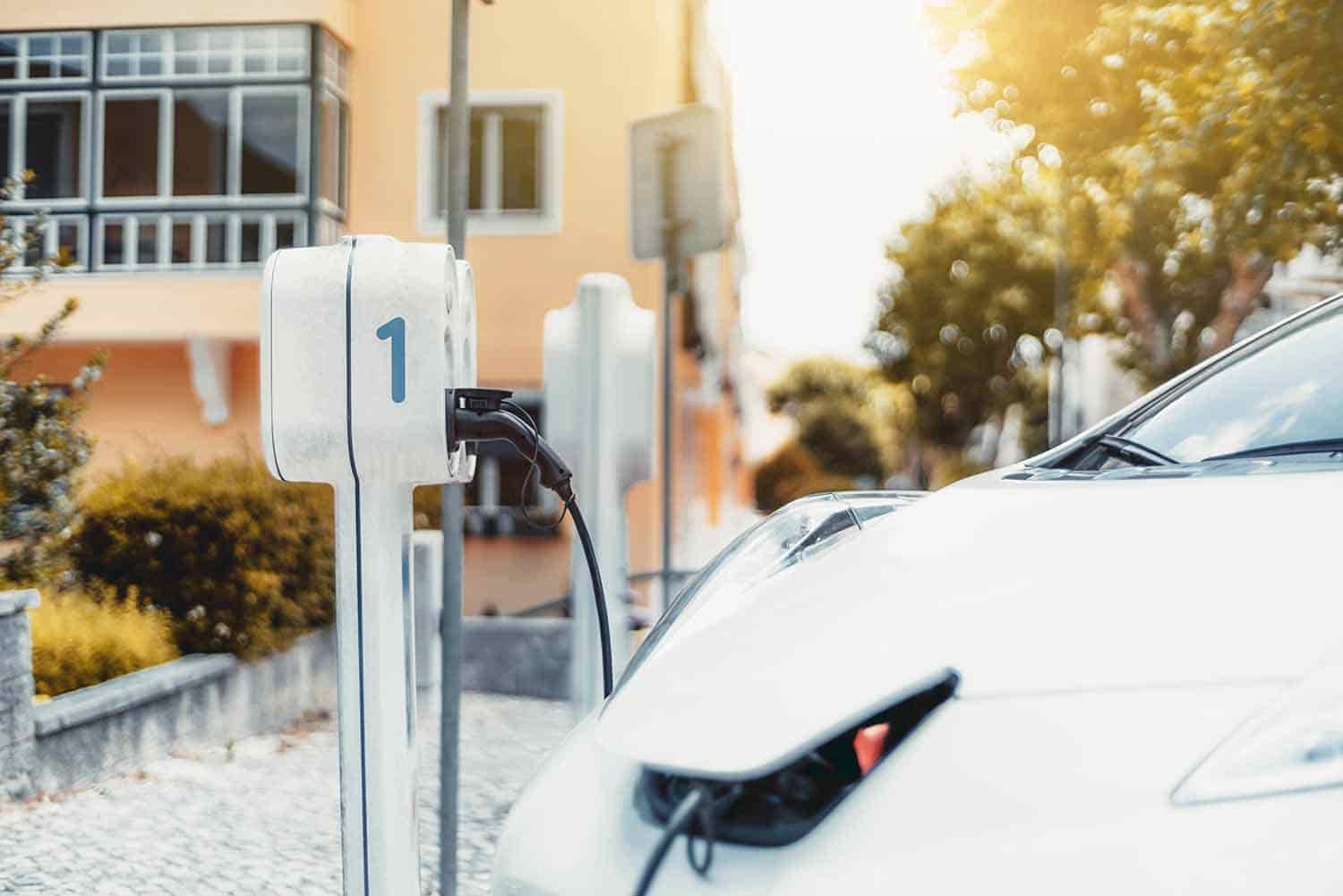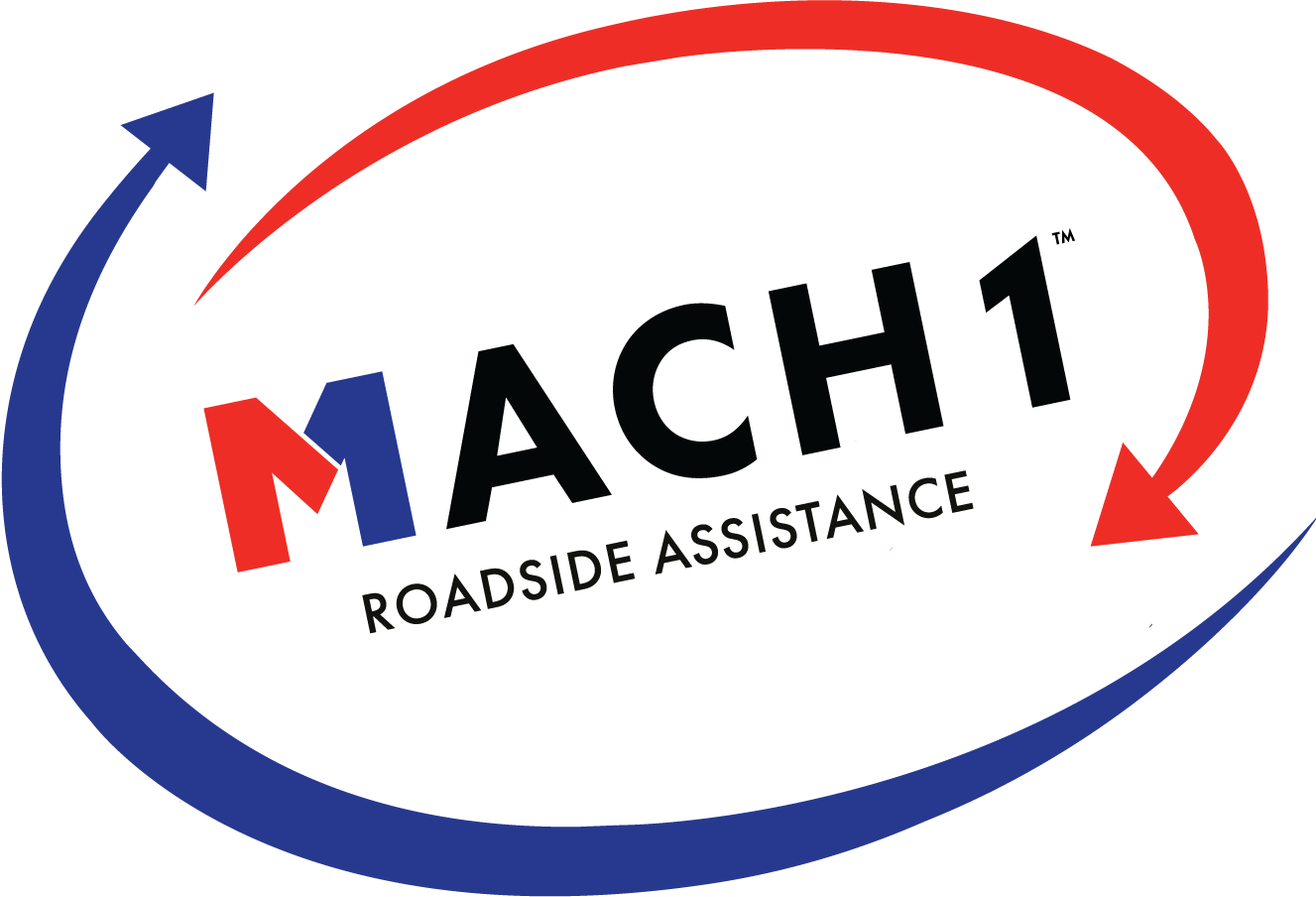
03 Sep The Average Costs of using Car Charging Stations
The new trend is using chargeable cars due to their effectiveness in causing less pollution and for their convenience. Using an electric vehicle gives you multiple advantages over those using gas because a gas vehicle has fewer moving parts than a gasoline-powered car meaning that it requires less maintenance than a regular car.
Just like gas stations put fuel in your car, there are multiple car charging stations to help you charge your vehicle whenever you need it to power up. Different gas stations will have varied prices of fuel per liter. The same applies to charging stations. They charge according to the charger level you are using and the demand for charging ports when you’re changing.
During rush hours, when everyone needs a charging port to recharge their cars, that’s when the price goes up per kilowatt. The level of chargers you’re using also determines how much it will cost to charge your vehicle entirely. When at a public charging station, you can either use a level 1 or level 2 charger. The level 2 charger is always cheaper than the level 1 charger, but it takes much longer to charge your car at a level 2 charger fully.
When using public charging stations, you will always need to pay money not unless it is a promotion or an offer and they are offering to do it for free. You might find offers here and there to charge your car for free or even in the first few months of purchasing your vehicle, but that’s it. You can’t always expect to find a free charging station for the entire time you own your vehicle. Even when charging at your house, you will have a higher electricity bill to compensate for the car charges.
Do you pay to charge your car at a charging station?
You could come across a free EV charging station, but those are fewer compared to the ones you’ve got to pay. Most charging stations will charge by the kilowatt-hour (kWh) when it comes to the charging rate.
Compared to charging your car at home, it is more expensive to charge it in public charging stations. At home, it would averagely cost twelve cents per kWh. It is less likely to find a charging station that would cost less than that.
The cost of charging your car in public places goes by what the owner chooses to charge and not whatever label they’ve put on top of the charger.
You might find that from new car dealers or some grocery places like whole foods to get free charging. The issue with these offers is that they tend not to last for long. The car dealers will end up closing the gates to prevent visitors from coming in, plus their locations are always in the most inconvenient places. It would take much more to go to their charging points than pay to charge elsewhere.
Grocery stores offering free charging always provide this for a limited amount of time, which is quite reasonable because of how much it will cost them.
As much as you might get these free charging perks here and there, don’t expect to get free charging forever; that’s quite impossible.
How much do car charging stations cost to use on average?
To calculate the amount of money you’ll use on charging stations, you’ll have to consider the type of EV charger they’re using. Charging stations cost more to charge but decrease the time used to charge the cars to a few minutes compared to charging it for days or hours.
On average, it costs between $0.30- $0.60 kWh to charge an electric vehicle. Therefore, this means that a small car could cost about $11.50 to $23 to fully charge while a bigger or long-distance vehicle could cost between $22.50 to $45.
The prices differ because the cost of charging a vehicle varies depending on the company providing the charging services, the EV charging level, type of charger, and charging port location depending on the demand.
Level 3 chargers will cost between $0.40 and $0.60 per kWh, while level 2 chargers cost between $0.20 and $0.25 per kWh.
The cost of charging your vehicle at home (level 1 charger) depends on a couple of variables, such as; if you’re charging at peak hours, your electricity rates, and your type of charger.
However, the average cost is $0.20, but this could vary depending on a lot of things. So pay attention to those variables.
If you prefer charging at home, you could have a level 2 charger installed, which could take between $1700 to $4000 to buy the level 2 charger and have it professionally installed at your home. So when calculating the cost of charging at home, add these expenses to your calculations.
To calculate the cost of charging your electric vehicle, use the formula of ;
Electric Vehicle Battery Size (kWh) x Electricity Rate ($ per kWh) = Charging Cost ($)
Speaking of cost you may interested to know how much spend on fuel each year too.
How long does it take to charge an electric car at a public charging station?
There are three types of charging stations that could help determine the price of charging and the mass of time it would take to charge your electric car.
- Level 3: These types of chargers are much more potent than levels 2 and 1. It takes less time to charge at these stations, but not all cars can charge at these ports. Your car charge also needs to be below 80% charge to be charged at these ports. After your vehicle is at 80% of charge, the car starts charging a little slower. Level 3 chargers could take about fifteen minutes to charge your vehicle with 7kWh, covering around forty-five kilometers.
- Level 2: These charger types are the most typical ones easily found anywhere in public. If your car is at 80% charge, it is better to charge it at a level 2 because it will charge at the same speed as a level 3 charger but at a cheaper cost. Level 2 chargers take between 5 to 12 hours to charge your car entirely.
- Level 1: These chargers are ones you can have in your garage. It takes several hours to charge your car to 100% at home since the outlet has only 120 volts. If you have time, this would be a cheaper option. Charging at home will take between 8 to over 40 hours, depending on your car’s battery size.
How much does it cost to charge your car at a Tesla charging station?
First off, you can’t just walk to a Tesla charger and plug in your car yet. The ports aren’t compatible. This means you’ll need to buy the J1772 connector to do just that.
Buying this connector will cost you under $160. Another option is the TeslaTap brand that costs between $140- $260 depending on the amps you desire.
Tesla charges an average of $0.28 kWh to use its superchargers. If you’re using stations that charge per minute, it’s $ 0.26 for cars charging below 60kWh, while charging above 60kWh costs $0.13.
So, even though it is possible to charge at a Tesla charging point, you’ll need a connector that will help you use the charging port. This factor could be cheap or expensive depending on your situation and needs.
Can you plug an electric car into a regular outlet?
It is possible to charge your vehicle with a regular three-pin socket. But using a dedicated EV charger will provide more power. EV home chargers deliver about 7kW power, while a standard three-pin home socket only has about 2.3kW.
If you use a dedicated EV home charger, you will get three times more charge three times faster compared to a regular three-pin socket.
When buying your EV, it will come with a charging extension specifically for charging your EV. If you don’t cover too many miles per day or use your car for work, you might benefit from charging through your designated charging port. If you leave your car to charge overnight every day, you will have enough range to cover a couple of miles comfortably the next day and not experience range anxiety.
In conclusion, a regular socket at home could charge your vehicle, but it would be slow and not deliver the amount of power you might need to get started the following day.
Is charging an electric car cheaper than gas?
Generally, it costs less to use an electric vehicle compared to a car that runs on gas. When you look at the buying price, most electric cars are expensive, but they prove to be cheaper than regular cars in the long run.
In a year, it would averagely cost you between $300 to $400 to charge an electric vehicle, depending on your charging location. On the other hand, a car that runs on gasoline could cost you between $1000 to $2000 on fuel alone.
When you compare the number of moving parts between electric vehicles and gas vehicles, you will realize that electric cars have fewer moving parts, meaning they won’t need many repairs than vehicles running on gas. Due to many moving parts, cars that run on gas cost a lot when it comes to maintenance.
At first, when you’ve purchased an electric vehicle, you might notice your electricity bill has gone up, especially if you’re charging your car at home. Don’t be stressed up by this because this cost will eventually balance due to the lack of buying gas which tends to be much more than what your electricity bill will amount to when you charge your vehicle either at home or in public charging stations.
Final Words
The charging cost of your EV depends on the type of charging station you’re using (level 2 or 3) and the time of the day you’re charging your car. More traffic in the charging stations means you’ll get charged more. The levels of charging you’re using to charge your EV depend on the type of car you have and how fast the charger is. That’s why level 3 chargers are more expensive.
You can choose to charge your car at home or in public charging stations depending on how much time you have and the range of your vehicle. Public charging areas tend to be a bit more costly than charging your car at home, but they save a lot of time. If you have enough time on your hands, using your home charger would be better to charge in public areas.
